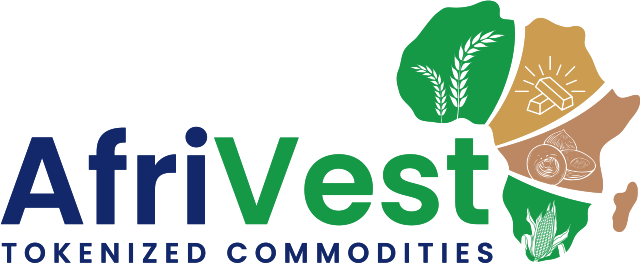The Federal Government has been advised that for the country to achieve the projected $1tn economy, it needs to grow beyond the banking sector.
The Group Managing Director of Afrinvest, Chioke Ike, stated this at the launch of its 2024 Banking Sector Report, themed 'Recapitalisation: Catalyst for a $1 Trillion Economy?'.
The apex bank ahead of announcing the new capital requirements of the banks said that the banks needed to be stronger and more stable to be able to drive the $1tn economy projected by President Bola Tinubu.
Chioke emphasised that while the recapitalisation would enhance the capacity of banks to serve the larger economy, increase lending capacity, attract foreign investments, and promote better risk management, the banking sector alone cannot drive economic growth.
“To achieve a $1tn economy, Nigeria needs to grow beyond the banking sector. Every aspect of the economy must grow alongside it,” he said.
He highlighted the need for human capital development, citing the example of Mexico, Indonesia, and Turkey, which have achieved higher GDP per capita and human capital indices.
“Nigeria needs to invest in its people to achieve similar growth. We must prioritise human capital development to achieve a $1tn economy.
"The macroeconomic environment is challenging. However, the data is available to run the economy effectively, but politicians must pay attention to it and have the discipline to be humble," he noted.
The Acting Director of Financial Policy and Regulations, Mr John Onoja, who represented CBN Governor, Olayemi Cardoso, maintained that the central bank was committed to meeting the $1tn economy target.
"We are glad that the present administration has set this target, and we are committed to supporting it," he said.
The Central Bank of Nigeria is working closely with banks to review their capital plans and ensure a successful exercise, collaborating with other institutions to achieve this.
The Chairman of the Presidential Committee on Fiscal Policy and Tax Reforms, Taiwo Oyedele, highlighted the need for fiscal discipline, revenue growth, and competitiveness, noting that Nigeria's budget is under $40 billion, including supplementary budgets for all 36 states and 774 local governments, with revenue less than half of that amount.
To achieve a $1 trillion economy, he stressed the importance of a functional banking sector, capital market, and consistent policies, and advocated generating more revenue by optimising government assets, reforming government-owned enterprises, and exploiting solid minerals and natural resources, with the goal of increasing Nigeria's revenue-to-GDP ratio to 30 per cent within two to three years.
He also advocated promoting prosperity by waiving taxes on capital, investment, production, poverty, and seeds, and noted that Nigeria's over 60 official levies and taxes compared unfavourably to South Africa's single personal income tax, which generated more revenue than all Nigerian taxes combined.




















